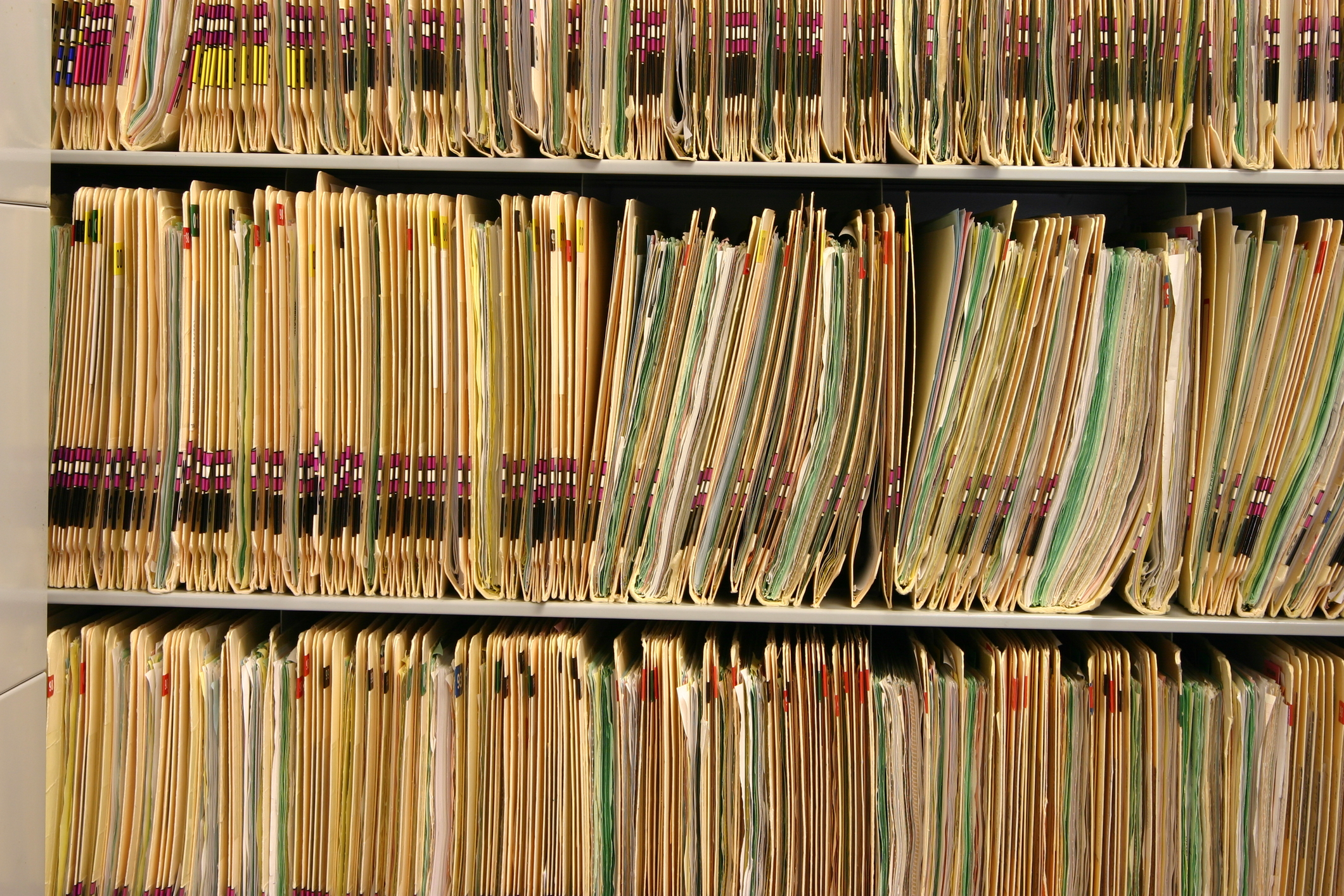How long should you keep records for your business, freelance job or side hustles?

So you decided to be on top of your paperwork and organize your business records. That’s a great start for small business owners, freelance workers and anyone with a side hustle. Over time, though, all those records can pile up, cluttering your file cabinet or digital cloud.
On the bright side, you don’t have to keep all of your papers around forever. You can afford to eliminate them after a certain period, which helps if they’re eating up your computer’s memory. Tap or click here for a few ways to tidy up your computer’s storage.
But before you throw anything away, you need the facts about business record-keeping requirements in the U.S. For instance, you need to know how long you should keep certain records around — and when you can safely get rid of them. In this tip, we’ll give you tips on how to maintain good business records.
Lucky number seven
If you like to play it safe, keep original documents for seven years at a minimum. This is a pretty good rule that most lawyers, accountants and professional bookkeepers follow.
However, the length of time you should keep specific documents depends on their contents. For example, there’s a lot to keep in mind when talking about income tax returns. Luckily, the IRS has a nifty set of rules to follow:
Period of limitations that apply to income tax returns:
- Keep records for three years if situations (4), (5), and (6) below do not apply to you.
- Keep records for three years from the date you filed your original return or two years from the date you paid the tax, whichever is later if you file a claim for credit or refund after you file your return.
- Keep records for seven years if you file a claim for a loss from worthless securities or bad debt deduction.
- Keep records for six years if you do not report income that you should report and it is more than 25% of the gross income shown on your return.
- Keep records indefinitely if you do not file a return.
- Keep records indefinitely if you file a fraudulent return.
- Keep employment tax records for at least four years after the date that the tax becomes due or is paid, whichever is later.
Have any specific business records in mind? Check out Nolo’s guide to business records. It explains how long you should keep different documents, from receipts to invoices.
The best way to organize your business records
Kim and her team trust our sponsor, NetSuite by Oracle, to keep everything running smoothly. With it, you can get a bird’s eye view of how your business is doing. Not only does it provide valuable visibility, but it’s also the perfect way to control everything you need, like:
- Inventory.
- HR.
- Planning.
- Budgeting and more.
Budgeting tip: An easy way to slash your monthly charges

Your dollars don’t go as far these days. Sure, things are more expensive, but “buy now” buttons and shiny new services add up much faster than we’d like to believe. It’s no surprise that subscription-based business models are so popular.
Don't make the same mistake that cost me $90K

I’ve been a small business owner for 25 years. Along the way, I’ve had some great successes, along with my fair share of mistakes.
Sometimes those mistakes are easy to recover from. You recognize what went wrong, regroup and try something new. And sometimes you realize, “Uh oh. This is something I can never let happen again.”
These versions of QuickBooks are no longer supported - Time to upgrade

Each year, Intuit discontinues older versions of its QuickBooks line. As of May 31, these versions are no longer supported:
If you were using one of those editions, it’s seriously time to upgrade. We say it’s time to ditch the spreadsheets altogether. Don’t let QuickBooks and spreadsheets slow you down, making things harder than necessary. It’s time to upgrade to NetSuite.